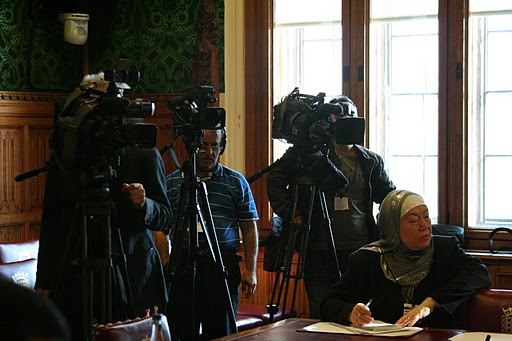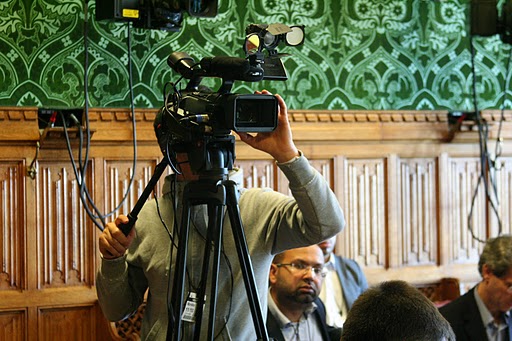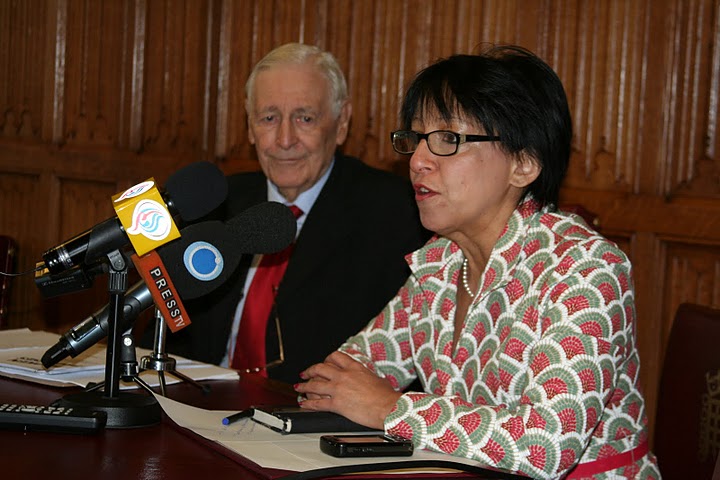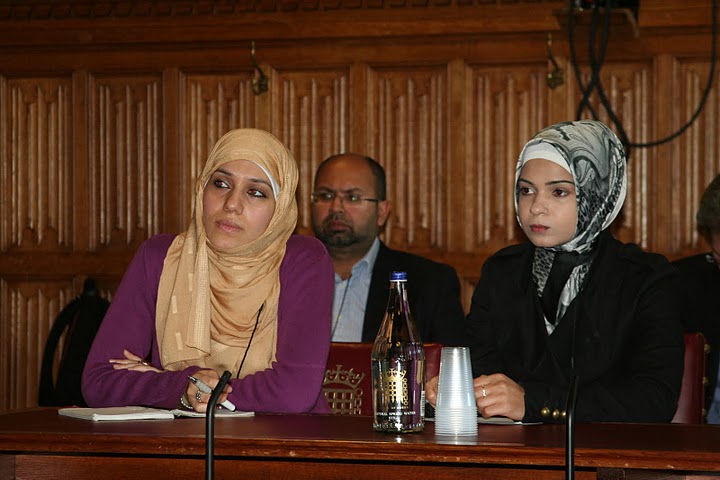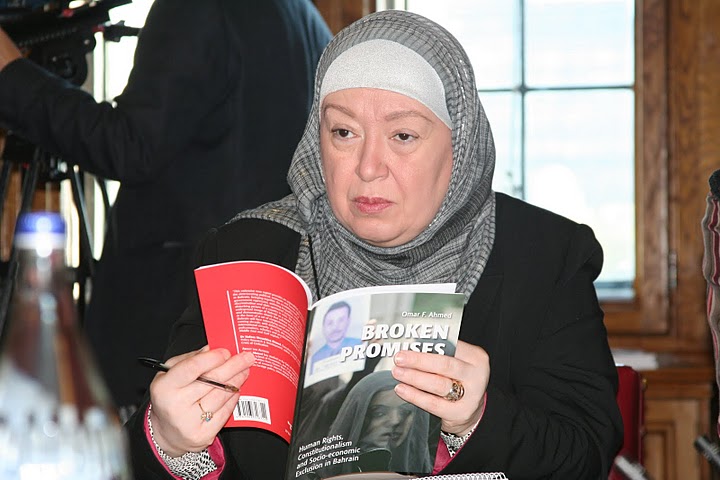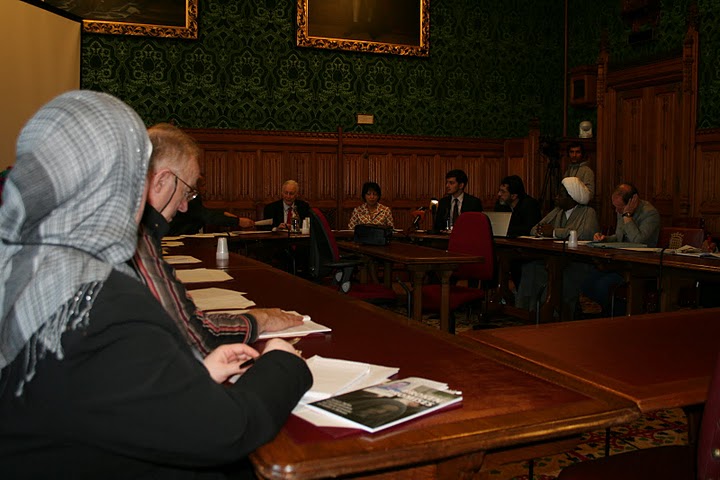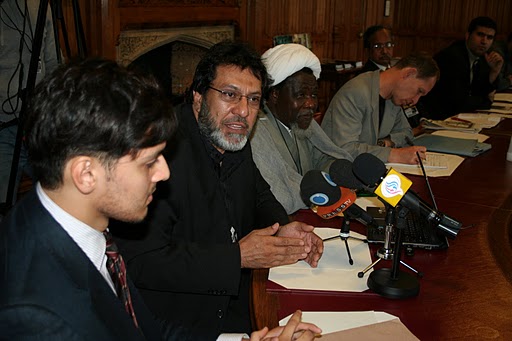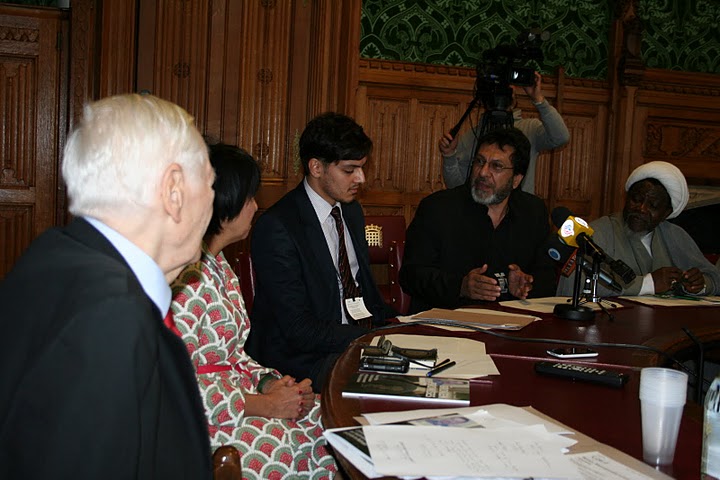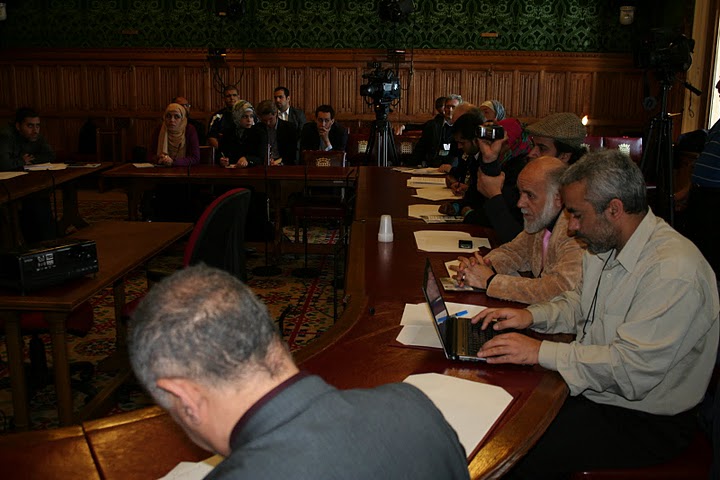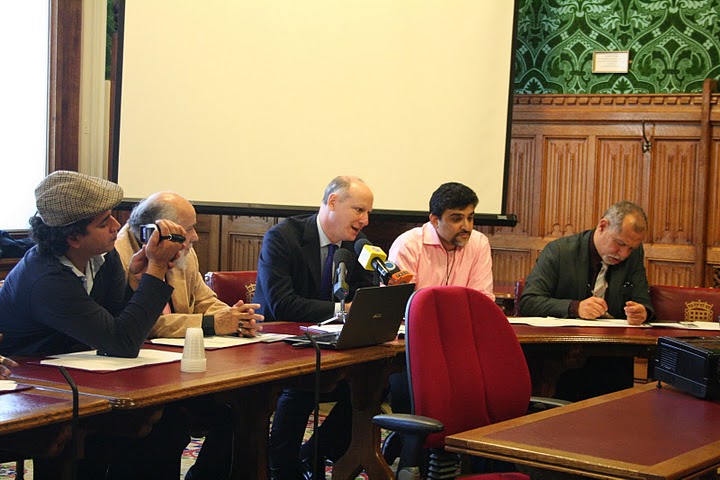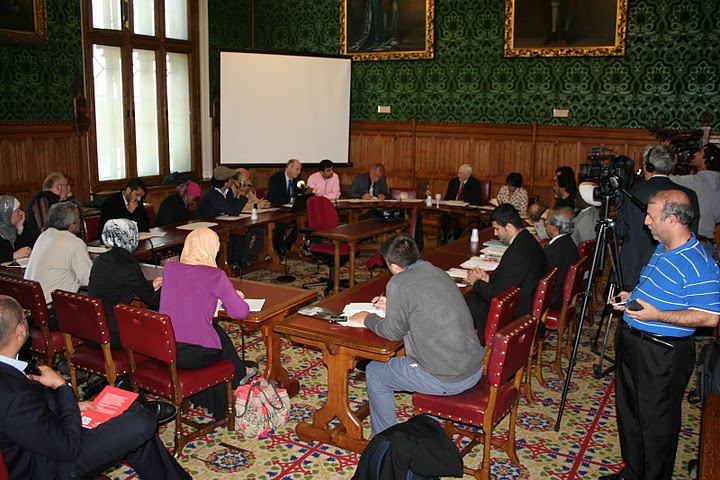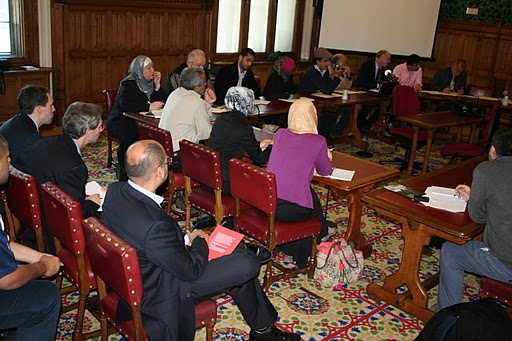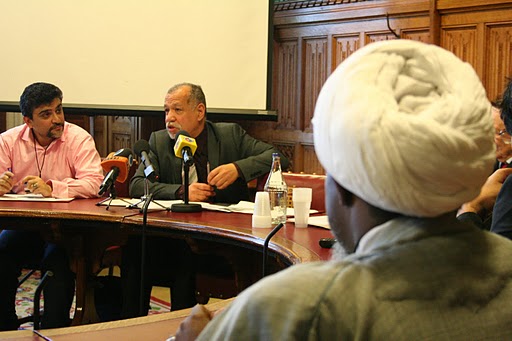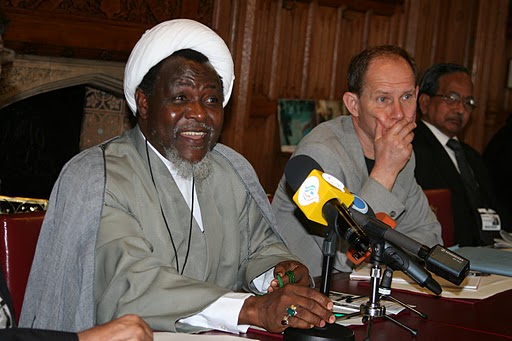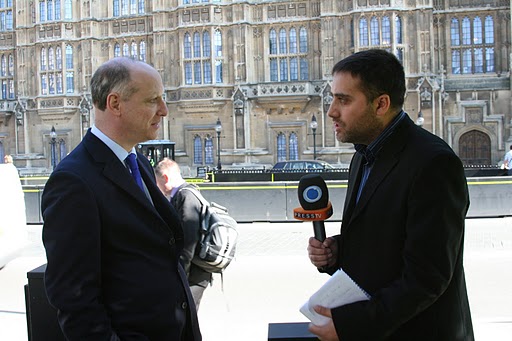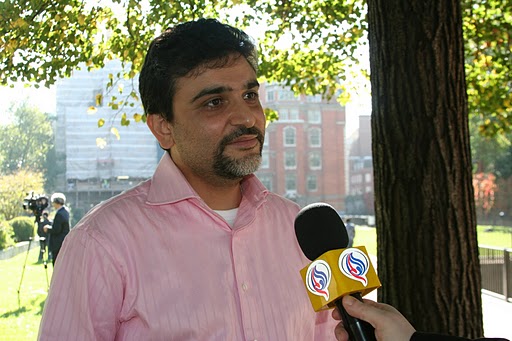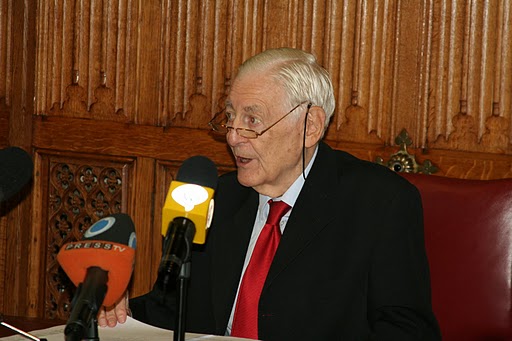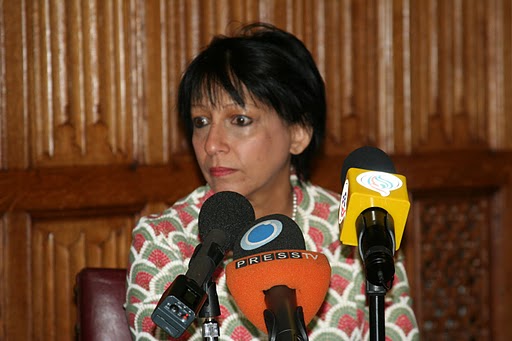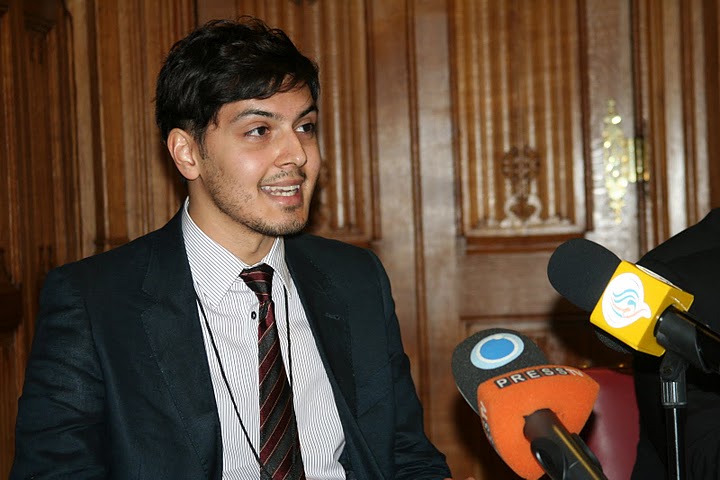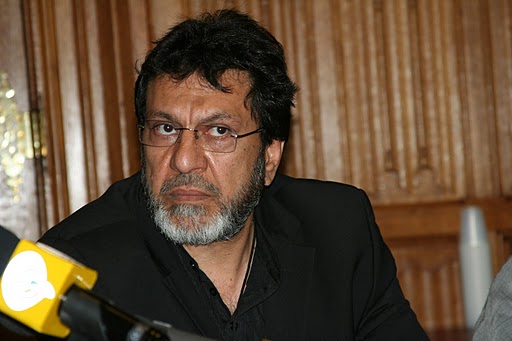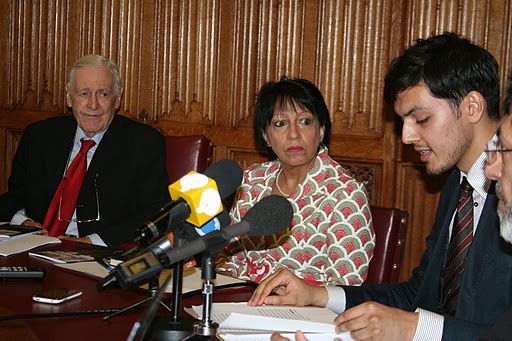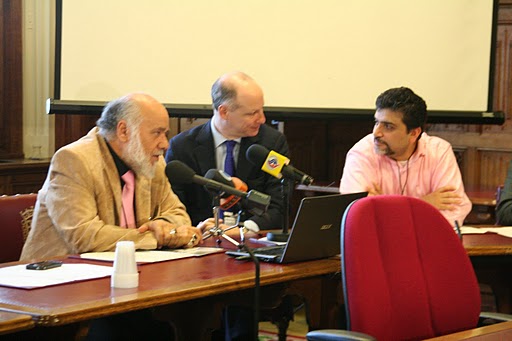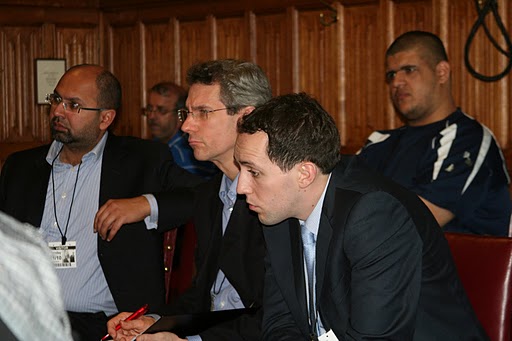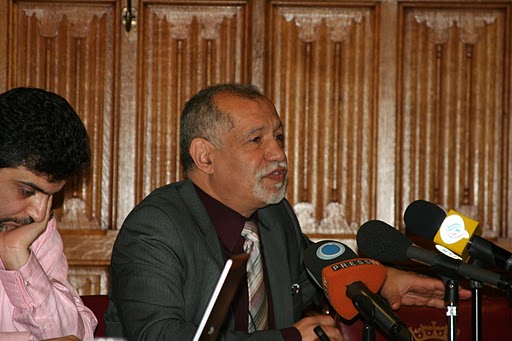
Bahrain: Nearly a decade of Broken Promises
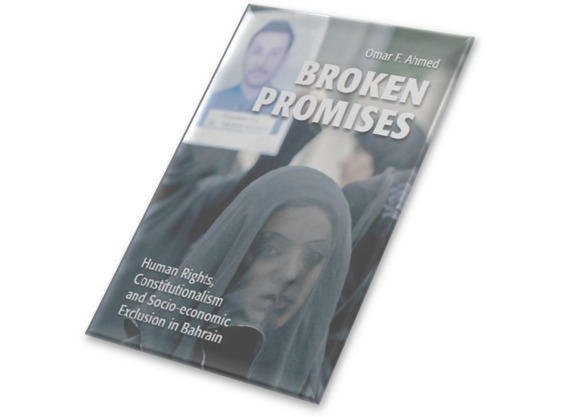
With the situation in and about Bahrain spiralling into more repression and persecution, few know the background to this violent situation. The IHRC’s groundbreaking report on Bahrain, called ‘Broken Promises: Human Rights, Constitutionalism and Socio-economic Exclusion in Bahrain’, by Omar F. Ahmed (2010). provides just that.
Written just and launched just before the “Arab Spring” of 2011, with Bahrain’s own Pearl Revolution beginning on 14 February that year, this report highlights the ongoing grievances of the Bahraini population including political disempowerment, the instrumentalisation of sectarianism to divide and rule and the colonial legacy of torture and murder. Buy the report here, or download it for free here.
Recent events have seen two young protestors executed for peacefully protesting in Bahrain. It also saw a protestor in London being almost thrown off the roof of the Bahrain embassy. This type of repression is rife and common-place. Further links to what has been happening in Bahrain can be found at the end of the page. This blog post, The One Where Hillary Supports the Dictators in Bahrain takes the story through the beginning of the Arab Spring. Look at the links at the end of the page to continue the story. Search our site for videos on Bahrain to complete the pciture.
Broken Promises was launchd in 2010 at the House of Lords with various luminaries from the Bahrain opposition present alongside members of the House of Lords, the report author, members of IHRC and legal observers from the English bar who were monitoring the situation in Bahrain. Also in attendance was Sheikh Ibraheem El-Zakzaky of the Islamic Movement in Nigeria who presented his perspective on state repression and peaceful mobilisation against state corruption and violence.
The event, hosted by Lord Avebury and the Bahrain Centre for Human Rights, focused on the Report’s confirmation of the Bahraini state’s use of torture against political dissidents. This is an issue which was particularly topical as the country was currently in the midst of a massive crackdown against political opposition and civil society activists in the run up to the elections scheduled to take place on 23 October. Read more and watch Press Tv coverage below the photo gallery with photos copyright and courtesy of The Bahrain Center for Human Rights.
Omar Ahmed, the author of the report, spoke at the launch alongside IHRC Chair Massoud Shadjareh and barrister Osama Daneshyar who has frequently visited Bahrain as a legal observer for IHRC. Omar Ahmed’s report is based on research into the situation in Bahrain done during 2009-10, including trips by IHRC observers to monitor politically sensitive trials in the country. Other contributors to the panel included Mu’allim Ibrahim el-Zakzaky from the Islamic Movement of Nigeria, Saeed Shehabi from the Bahrain Freedom Movement and Baroness Faulkener.
In the report, Ahmed argues that “the reign of the current ruler, King Hamad al-Khalifa has represented a failure of constitutionalism and a resurgence of monarchical cronyism, institutionalised by state apparatus and enforced through brutal deployment of the security forces.”
In doing so, Bahrain has been unsuccessful in preventing social-economic exclusion. The report discusses exclusion of the wider general population, in addition to the more specifically targeted institutional discrimination against its Shia majority.
Additionally, the report presents the view that, linked with social exclusion, there is a continuing trend of human rights violations within the country, “carried out by the Government and the country’s state institutions, predominantly its security and intelligence services.”
The abuses that have been emphasised in the report are, firstly, unwarranted restrictions on the freedom of expression, assembly and association. Secondly, using information obtained through human rights groups, the report accuses authorities of arbitrarily detaining opposition figures and human rights activists, and subjecting numerous prisoners to torture.
Dr. Nafeez Mosaddeq Ahmed, Executive Director of the Institute for Policy Research and Development, and a lecturer in International Relations at the University of Sussex, describes the report as “an unparalleled overview of the deteriorating political, economic and human rights conditions in Bahrain, bringing together the escalating trends of government repression, widening inequalities, institutional discrimination and state-sponsored sectarian tensions into a disturbing picture of a country in crisis.”
See also:
Briefing Note – Bahrain (24 September 2010)
Report of the Trial Monitor in the Ma’ameer and Adary Park Cases, Bahrain, 2010 (8 September 2010)
Event Report – Bahrain Press Conference : 365 days of broken promises (23 November 2012)
IHRC is an NGO in Special Consultative Status with the Economic and Social Council of the United Nations.
Islamic Human Rights Commission
PO Box 598
Wembley
HA9 7XH
United Kingdom
Telephone: (+44) 20 8904 4222
Email: info@ihrc.org
Web: www.ihrc.org
Twitter: @ihrc
Help us reach more people and raise more awareness by sharing this page
Featured Campaigns
Trending Posts


Statement on Palestine Action

Response to Damien Egan comments in The Jewish News



